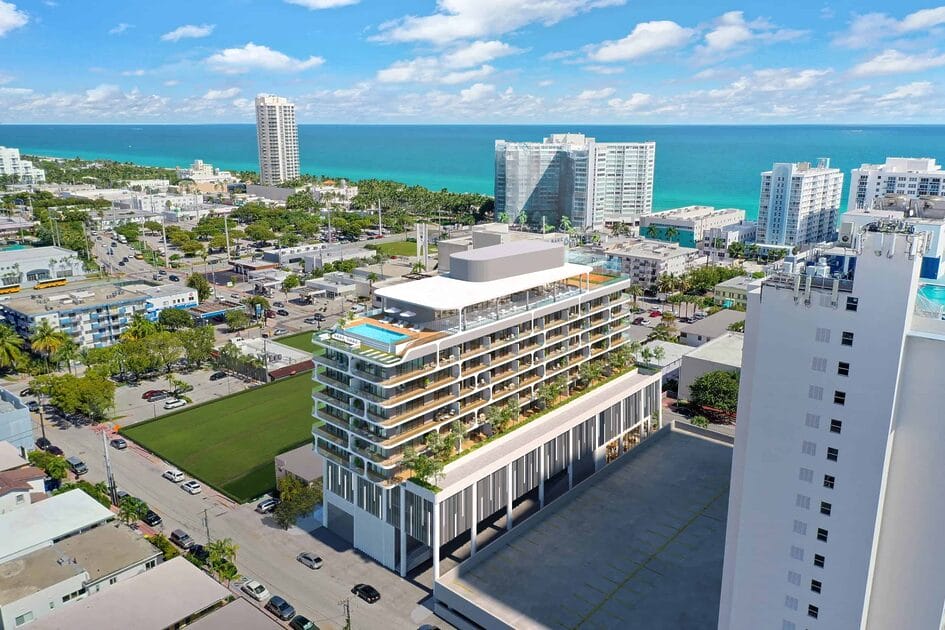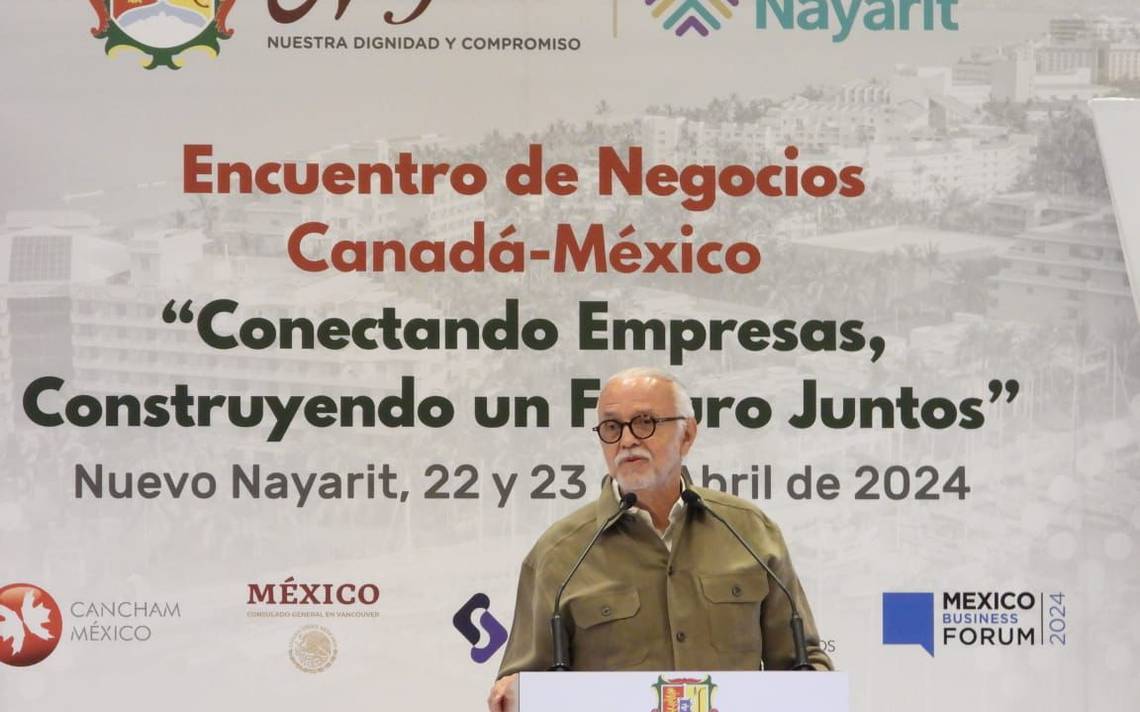Washington. – The First Republic, a US regional bank that has sunk into trouble, has been intervened by the federal government and taken over by JP Morgan, a move that was organized over the weekend and announced at dawn on Monday, before the markets opened. Thus First Republic became the latest victim of the banking crisis that erupted in March, and the second largest bank in history to fall in the United States. The carambola was designed to bail him out with the JPMorgan purchase to reaffirm Washington’s resolve to prevent the crisis from worsening, and from a wider contagion to the rest of the economy.
The agreement was announced through a statement from the Federal Deposit Insurance Corporation (FDIC), which took control of First Republic for delivery to JP Morgan. The bank was under fire after the fall of Silicon Valley Bank and Signature Bank in March, which jolted financial markets and forced the federal government to quickly intervene to contain the crisis. By mid-March, eleven banks, including JPMorgan, had injected $30 billion into the bank to contain panic amid a deadly outflow of deposits. But the damage from the run and failures of the bank’s business model eventually led to its downfall and acquisition of JP Morgan, a process that would increase concentration in the system and make the Wall Street giant even bigger.
Our government has called on us and others to move forward, and we have done so.Jamie Dimon, Chairman and CEO of JP Morgan Chase, said in a statement. He added, “Our financial strength, capabilities and business model allowed us to prepare an offer to execute the transaction in a way that minimizes costs to the Deposit Insurance Corporation.”
In its statement, the FDIC said it would have to pay about $13 billion from its guarantee fund, and JPMorgan also indicated that it would receive $50 billion in financing from the insurance company for the operation. The Wall Street giant “will take over all deposits and all assets of First Republic Bank.” The bank’s 84 branches opened Monday with branches of JPMorgan.
The incident provided a stark reminder of the aftermath of the Silicon Valley bank collapse on March 10, and the impact of the Fed’s historic tightening over the past year by raising interest rates to contain inflation. Although the US economy, the world’s first economy, has so far managed to avoid recession, the latest forecasts point to a deeper slowdown that could lead to the collapse of the economy.
The rise to the fore of JPMorgan, led by Dimon, an iconic figure on Wall Street, inevitably brought to the present the memory of the global financial crisis. In 2008, Dimon was also one of the champions of agreements and attempts against the clock to prevent the global financial crisis from taking over the entire economy. At that time, JP Morgan acquired Bear Stearns, one of the first investment banks to fail in the subprime mortgage crisis, and then acquired Washington Mutual as well, whose fall marked the largest banking collapse in history. The three banks that fell this year — First Republic, Silicon Valley Bank and Signatura Bank — had a greater combined value than the 25 banks that fell during the global financial crisis, according to an analysis of The New York Times.
“This is coming to an end and we hope that helps stabilize everything,” Dimon said on a call with reporters.
Although there are rules in the US to prevent banks the size of JP Morgan from absorbing their competitors and further centralizing the system, the move, which had the tacit support of Joe Biden’s government, demonstrated the urgency in Washington to avoid a banking crisis spiraling out of control and ending up in Derailing the economy as it did in 2008. The banking system, economists, analysts and officials agree that it is more resilient than then, more liquid and better prepared to face this new phase of financial uncertainty and higher interest rates.
but, The banking crisis has already begun to have an impact that goes almost unnoticed for the time being by the macroeconomic largesHundreds of thousands of small and medium businesses across the country are finding it more difficult to finance. Economists equate this effect with another increase in interest rates, and agree that it will inevitably have an effect on activity, even if the economy manages to avoid a recession.

:quality(80)/cloudfront-us-east-1.images.arcpublishing.com/lanacionar/M52QZCNOBRCYVMXE2IOC4FCWWY.JPG)



